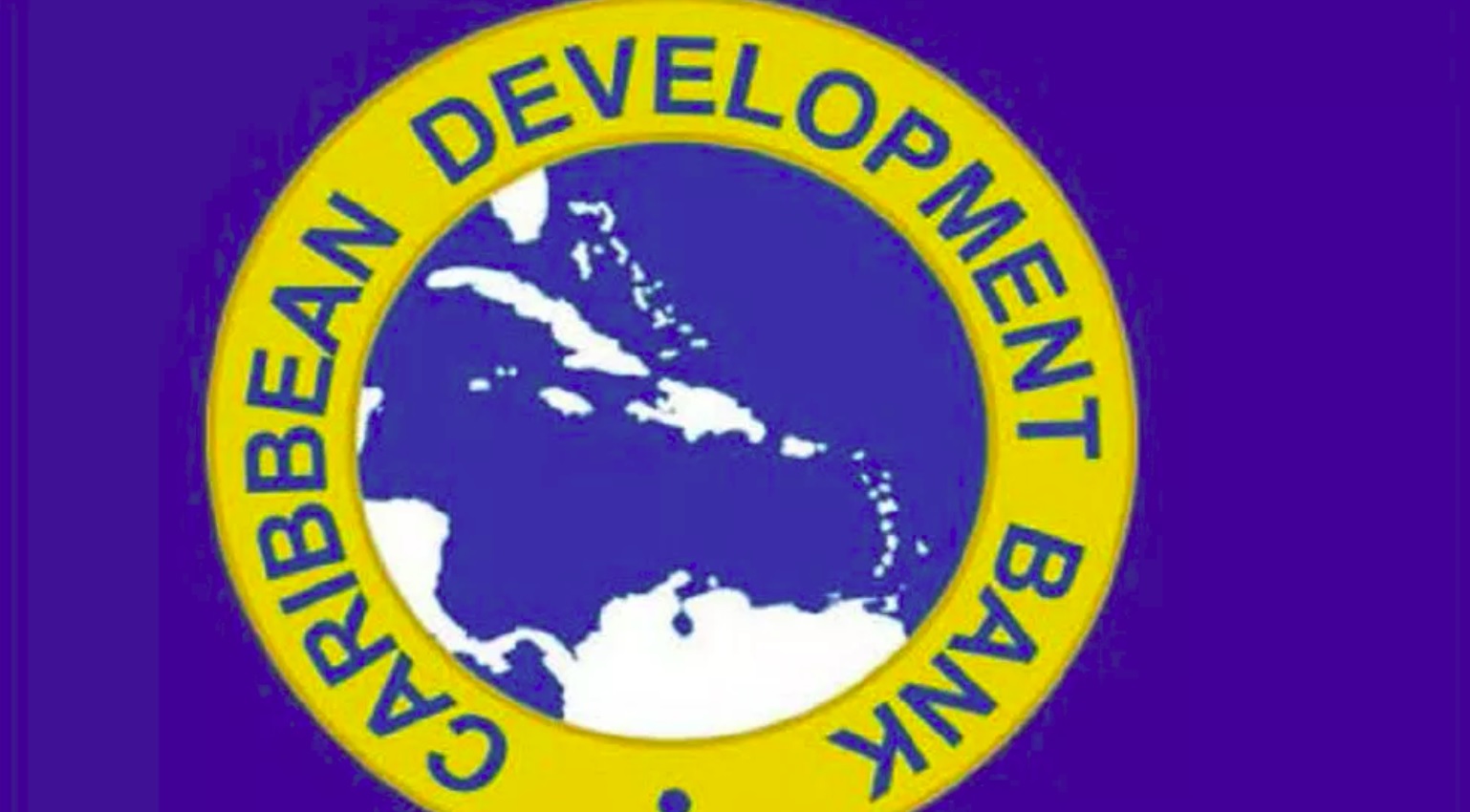The Eastern Caribbean Currency Union (ECCU) recorded “slow growth” of just over two per cent last year, due to the passage of the two hurricanes, Dominica’s Prime Minister Roosevelt Skerrit has said.
Skerrit, who chaired the 90th meeting of the Monetary Council of the Eastern Caribbean Central Bank (ECCB) on Friday, said that with regards to growth and competitiveness, the Council, comprising mainly finance ministers from the sub-regional organisation of Eastern Caribbean States (OECS), was informed the currency union would have grown at a slower rate of 2.3 per cent in 2017 as a result of the passage of Hurricanes Irma and Maria.
The two category 5 storms caused widespread damage when they passed through the Lesser Antilles in September last year, with Dominica, Antigua and Barbuda being particularly affected.
Skerrit said in addition, the fiscal surplus for the ECCU was estimated to have narrowed last year “partly attributed to a surge in expenditure following the impact of the hurricanes.
“For 2018, growth is projected at 2.2 per cent still well below the five per cent target. However projections pointed to an acceleration in 2019,” Skerrit said.
He said that the Council noted that the capital adequacy of banks in the ECCU has improved and observed that the average non-performing loans ratio which fell in 2015 and 2016 “is trending upward as a consequence of recent hurricanes.
“Following consultations with the ECCU Bankers Association and key stakeholders, the Council approved several amendments to the Banking Act,” he said, noting that in respect of bank consolidation the Council approved a statement of intent and principles of consolidation for the ECCU indigenous banking sector.
Skerrit said that negotiations with the indigenous banks and other stakeholders had been ongoing for years and “what the ECCB has done on the request of the Monetary Council is to prepare a statement on intent and principles that will guide the discussions with the stakeholders in that regard”.
He said the meeting also considered and approved a legislative process for uniform financial legislation within the sub-region.
The meeting also agreed on the need to introduce plastic-like polymer banknotes “in the sub-region with Skerrit said polymer is the “new standard that is widely implemented around the world.
‘After careful consideration Council approved the change …of the ECCB banknotes from cotton to polymer and Council further endorsed a public education campaign to be rolled out by the ECCB on this new initiative,” he said, adding “it is something I think the entire Currency Union should welcome, it is a step in the right direction”.
The ECCB serves as a Central bank for the islands of Antigua and Barbuda, Dominica, Grenada, St. Lucia, St. Vincent and the Grenadines, St. Kitts-Nevis, Montserrat and Anguilla.




